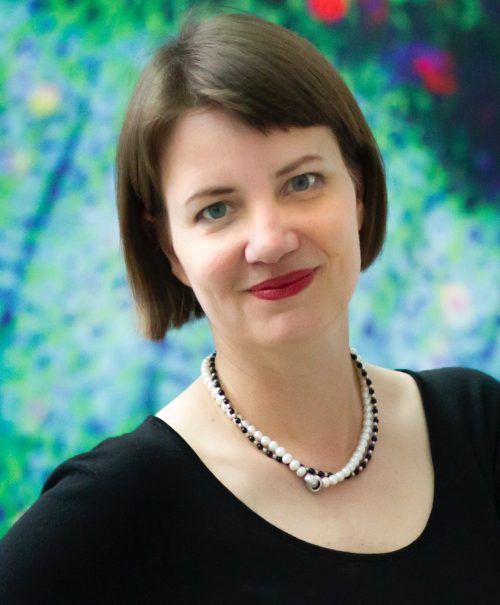The Node at 15 – Then and now with Helena Jambor
Posted by the Node, on 23 July 2025
The Node is 15 years old this year! We thought it’d be fun to get in touch with prolific authors of the Node over the past 15 years, revisit the posts they wrote for us and see what they’re up to now.

In this post, we caught up with Helena Jambor, who posted on the Node regularly and wrote many popular ‘How to’ posts on data visualization and statistics: https://thenode.biologists.com/author/helena-jambor/
What were you doing when you first started writing for the Node?
Postdoc, looking for a change in research direction after having worked on RNA Localization for 10 years.
What motivated you to write for the Node?
I wanted to try out writing about data visualization in biology. The Node offered an instant audience without having to first start and grow my own blog.
Choose a favourite/most memorable piece you’ve written for us and tell us why you’ve picked it.
Scales in science figures – I was testing out my first ideas about improving image figures, which led to several papers, the founding of the working group for image presentation in figures and our eventual community guidelines (https://www.nature.com/articles/s41592-023-01987-9). And, the best, I got some insightful comments and mails from readers!
Where are you now? What are you currently working on?
I am associate professor for data visualization in life sciences in Switzerland, and I research data visualization workflows for exploring complex datasets, explorative data visualization for figures, and most dear to me, data visualizations as aide in cancer patient communication.
Do you have any writing advice?
Only the boring one: just do it. And, do it every day.
What have you been reading/listening to lately? Any book or podcast recommendations?
Books and Podcasts for me are a break from my science, so no biology or biology adjacent recommendations. I very much enjoyed Roland Allen’s The Notebook: a History of Thinking on Paper – about writing! For podcast I love listening to stories from history, a German history podcast.es are also relevant for the scientific process and therefore I enjoyed the book a lot.



 (No Ratings Yet)
(No Ratings Yet)